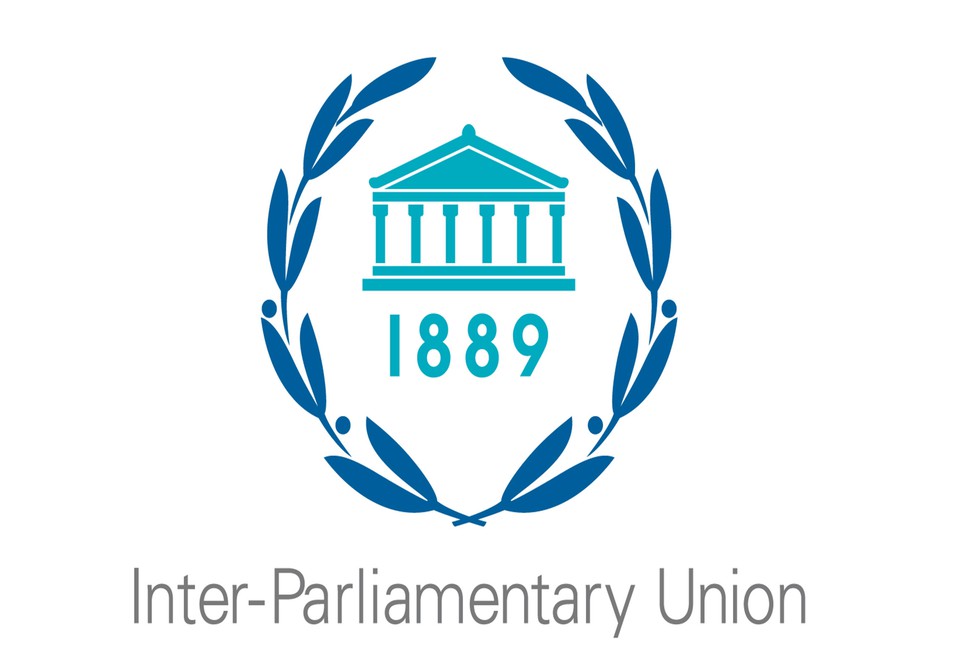About Inter-Parliamentary Union:
- It is the international organization of Parliaments which was established in 1889 in Paris to promote representative democracy and world peace.
- It facilitates parliamentary diplomacy and empowers parliaments and parliamentarians to promote peace, democracy, and sustainable development around the world.
- It was the first multilateral political organization in the world, encouraging cooperation and dialogue between all nations.
- Members: It comprises 180 member parliaments and 15 associate members.
- It promotes democracy and helps parliaments become stronger, younger, gender-balanced and more diverse.
- It also defends the human rights of parliamentarians through a dedicated committee made up of MPs from around the world.
- The IPU moved its headquarters to Geneva in 1921.
- Funding: It is financed primarily by its members out of public funds.
- Structure
- IPU Assembly: It is the principal statutory body that expresses the views of the IPU on political issues. It brings together parliamentarians to study international problems and make recommendations for action.
- Governing Council: It is the plenary policymaking body of the IPU. It is composed of three representatives from each member of parliament. The President of the IPU is ex-officio President of the Governing Council.
- The Council establishes the annual programme and budget of the IPU.
- Executive Committees: In accordance with the IPU statutes, this 17-member body oversees the administration of the IPU and provides advice to the Governing Council. The 15 members of the Executive Committee are elected by the Council for a four-year term.
- The President of the IPU is an ex officio member and President of the Committee.
- Standing Committees: There are three Standing Committees set up by the IPU Governing Council to assist the Assembly in its work.
